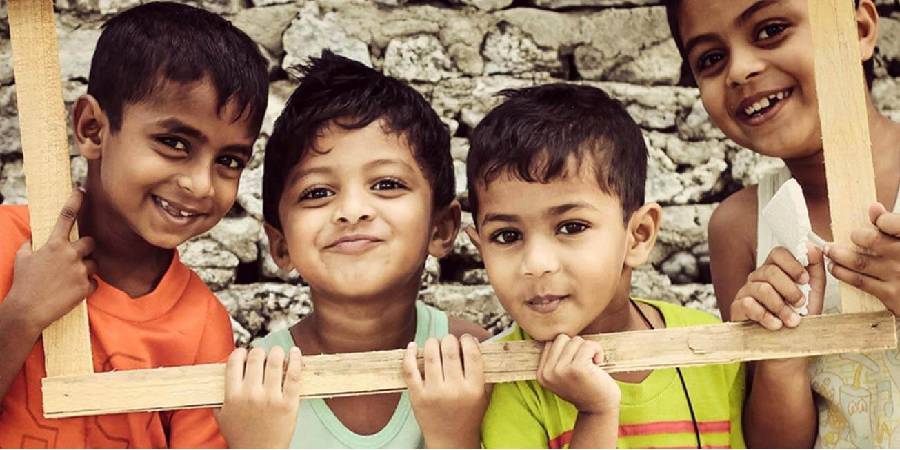Introduction
Child trafficking is a global problem that affects millions of children each year. Non-governmental organizations (NGOs) play a critical role in the fight against child trafficking, providing support to victims, raising awareness about the issue, and advocating for policies and legislation to prevent trafficking. In this article, we will explore the role of NGOs in combating child trafficking.
NGOs Against Child Trafficking
NGOs against child trafficking work to prevent trafficking and support victims. They operate globally, providing direct services to children who have been trafficked and advocating for systemic change to prevent trafficking. These organizations often partner with governments, law enforcement, and other NGOs to identify and rescue victims, provide support and care, and work to bring traffickers to justice.
NGOs in Combating Child Trafficking
NGOs play a critical role in the fight against child trafficking in several ways:
- Prevention and Awareness: NGOs work to prevent trafficking by raising awareness and educating communities on how to identify and prevent trafficking. They also advocate for policies and legislation to prevent trafficking and hold traffickers accountable.
- Protection and Support: NGOs provide protection and support to children who have been trafficked. This includes providing shelter, medical care, counseling, and working to reunite children with their families.
- Advocacy and Partnership: NGOs advocate for the rights of trafficking victims and partner with governments, law enforcement, and other organizations to combat trafficking. They work to identify and rescue victims, investigate and prosecute traffickers, and promote international cooperation in the fight against trafficking.
- Rehabilitation and Reintegration: NGOs provide long-term support to trafficking victims, including rehabilitation and reintegration programs. These programs aim to help children recover from the trauma of trafficking and build a new life.
Child trafficking is a serious crime that has devastating consequences for children. Children who are trafficked are subjected to exploitation, abuse, and neglect. They are often forced into labor or sexual exploitation, forced to work long hours in dangerous conditions or to provide sexual services for adults. The trauma of trafficking can have a profound and lasting impact on a child’s physical, emotional, and psychological well-being.
Physical Consequences
Children who are trafficked may experience a range of physical consequences. They are often subjected to physical abuse and neglect, which can lead to injuries, illnesses, and malnutrition.
Psychological Consequences
The psychological impact of trafficking on children is often severe and long-lasting. Children who are trafficked may experience high levels of anxiety, depression, and post-traumatic stress disorder (PTSD).
Conclusion
Child trafficking is a global problem that requires a coordinated response from governments, civil society, and the private sector. NGOs play a crucial role in the fight against child trafficking, supporting victims, raising awareness about the issue, and advocating for policies and legislation to prevent trafficking. Their work is essential for protecting the rights and welfare of children and ensuring that they are safe from trafficking and exploitation. By working together, NGOs can significantly contribute to ending child trafficking and creating a safer world for all children.
